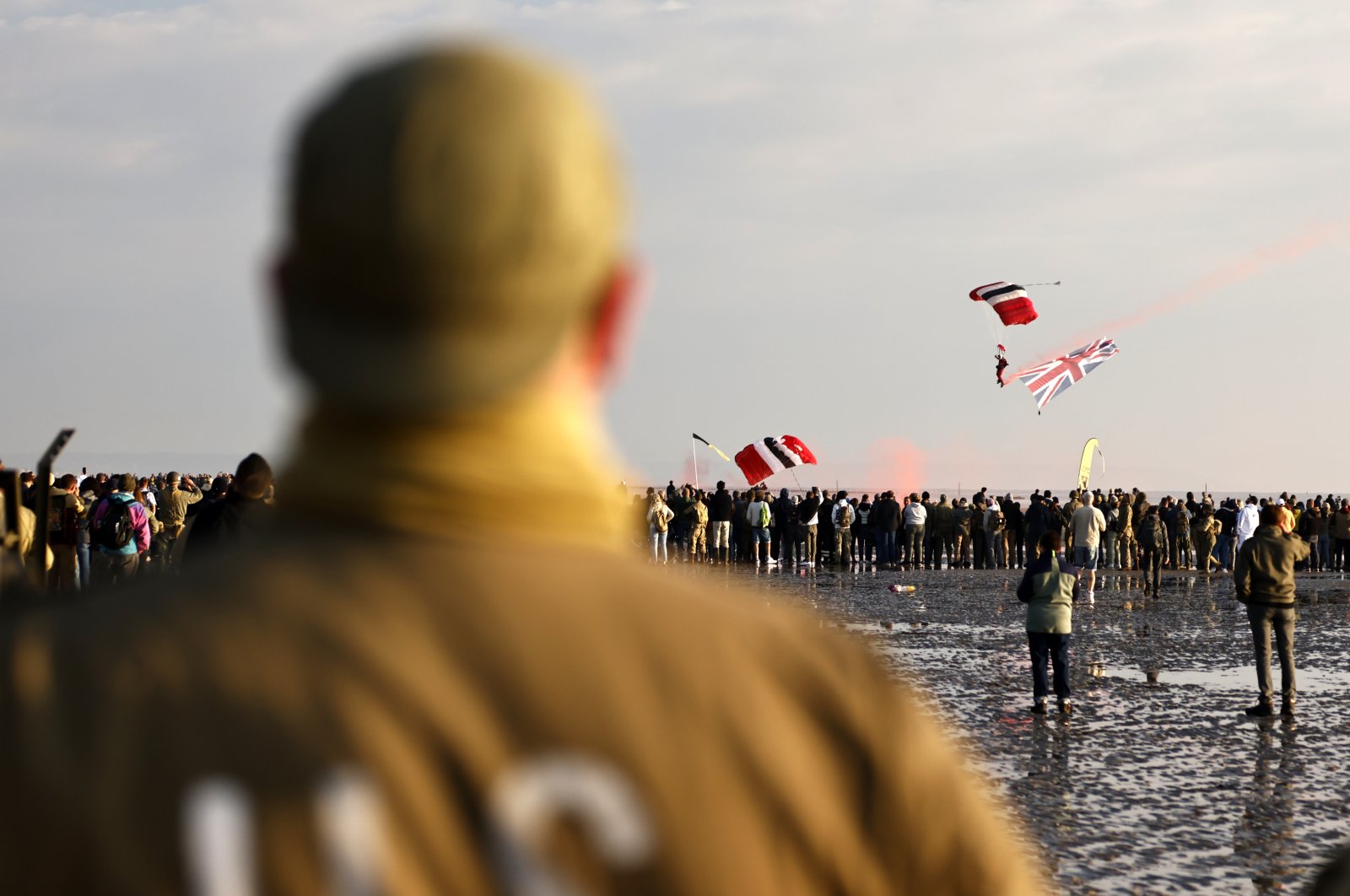What is the situation in Sudan after 15 months of war, displacement and inhumanity? | Human Rights News

Fighting was reported in the cities of Sinja, Sennar and Dinder, causing civilians to flee to neighboring countries.
The war in Sudan has now lasted almost 16 months. Tens of thousands of people have been killed and millions have been displaced. According to international organizations, this is the worst refugee crisis in the world.
In April 2023, fighting broke out between the Sudan Armed Forces (SAF) and the paramilitary Rapid Support Forces (RSF), with the two factions vying for control of the country.
Sudan has been in transition since the overthrow of strongman President Omar al-Bashir in 2019 and the subsequent military coup in 2021, as civilian forces attempted to form a government while the two armed parties fought each other.
Here is a summary of the fighting and its wider impact across the country:
What are the latest fights?
The RSF began attacking towns in the southeastern state of Sennar last month, forcing more than 136,000 people to flee since June 24, according to the United Nations.

Civilians have fled the fighting in the towns of Sinja and al-Dinder in the Sennar region, mainly to the neighboring states of al-Gedaref and Blue Nile, said a report by the United Nations Office for the Coordination of Humanitarian Affairs (OCHA).
According to OCHA, there were already around 286,000 displaced people in Sinja and al-Dinder before the recent clashes broke out.
“People displaced from Sennar may experience secondary or tertiary displacement,” the report continues.
Meanwhile, fighting continues in El-Fasher in northern Darfur, the last capital of the Sudanese army in the Darfur region.
Fifteen civilians were killed and 29 injured in an attack on a market in the city, Health Minister Ibrahim Khater told AFP news agency on Wednesday.
How many people are fleeing?
Since the outbreak of war, around ten million people have been forcibly displaced in Sudan, the United Nations Refugee Agency (UNHCR) said on Tuesday.
About 7.7 million people are internally displaced and more than two million have fled to neighboring countries, including Egypt, Chad, the Central African Republic and Ethiopia.
The UNHCR said it would expand its response plan for refugees in Sudan this year to include Libya and Uganda, where it expects 149,000 and 55,000 refugees respectively.
“The fact that people end up in a place like Libya, which is of course extremely difficult for refugees at the moment, shows the desperate situation and the desperate decisions they are making,” Ewan Watson, UNHCR’s head of global communications, told reporters.
Libya has already taken in more than 20,000 registered refugees from Sudan since the war began, the UNHCR said.
Do international organizations help everyone?
The UNHCR has received only 19 percent of the funds it needs for its refugee aid, Watson said, adding that this has led to food rations being “drastically cut.”
Last week, the United Nations hunger monitoring system, the Integrated Food Security Phase Classification (IPC), said Sudan was facing the worst food crisis in its history.

According to the IPC, around 755,000 people in ten of 18 countries are at risk of “catastrophe,” the worst form of extreme hunger.
At the same time, 18 percent of the population, or 8.5 million people, are facing food shortages that could lead to severe malnutrition and possibly death, the IPC added.
“If the conflict escalates further, there is a risk of famine in 14 areas (… in Greater Darfur, Greater Kordofan, Al Jazeera states and some hotspots in Khartoum),” the IPC warned.
“(An escalation of the conflict) would contribute to ongoing restrictions on humanitarian access to the besieged population in the critical areas and limit people’s ability to farm or undertake casual work during the upcoming harvest season.”
What about diplomatic efforts to end the war?
On Saturday, the rival Democratic Bloc and Taqaddum factions took part in reconciliation talks in Cairo, Egypt, but refused to hold joint meetings.
The Democratic Bloc is aligned with the army, while Taqaddum is accused of sympathizing with the RSF. Neither of the two warring parties took part in the talks.
Several attempts to reach a ceasefire have failed.
Talks moderated by Saudi and U.S. officials in Jeddah, Saudi Arabia, in May 2023 resulted in a commitment to protect civilians and two short-term ceasefire agreements that were repeatedly violated.
In March, the UN Security Council passed a resolution calling for a ceasefire during the Muslim fasting month of Ramadan.
The RSF did not respond to the condition of SAF leader Abdel Fattah al-Burhan that the paramilitary group should withdraw from the provinces it had taken over.



